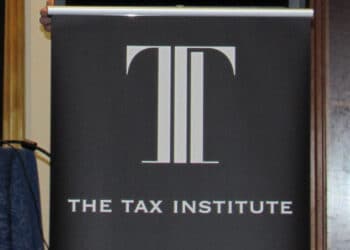Cooper Grace Ward Lawyers partner Scott Hay-Bartlem said it is very important that SMSF practitioners look out for non-arm’s length income in all SMSF arrangements, particularly with related party loans.
“If we have non-arm’s length income in an SMSF, then all the income from their arrangement is taxed at the top tax rate in the super fund,” Mr Hay-Bartlem told delegates at the SMSF Summit.
The ATO confirmed in 2014 that borrowings on non-commercial terms from a related party can cause non-arm’s length income (NALI), and it later released PCG 2016/5, which set out the safe harbour terms on which SMSF trustees may structure their LRBAs consistent with an arm’s length dealing.
“Now if you comply with the PCG 2016/5 safe harbour rules then the mere fact that you’re lending from a related party doesn’t mean that you have non-arm’s length income,” Mr Hay-Bartlem explained.
The PCG 2016/5, however, only applies to loans under section 67A of the SISA, which includes loans for real estate or listed securities.
“Now there may be other ways you may be looking at a related party loan. If you have a loan into a unit trust, you don’t have the effect of the PCG. So don’t do a loan to a related party unit trust and argue the PCG gets you there because it won’t,” he said.
“A lot of people tell me that the PCG gives them lots of protection. It gives you protection, [but] in a particular area,” he said.
Some of the “other gaping holes that people try to use the PCG for” he said are non-listed unit trusts and interest-only loans.
“It can’t cover interest-only loans because the PCG says it has to be principal and interest. If you don’t like the PCG then you’ll have to go and get an offer from a bank,” he said.


